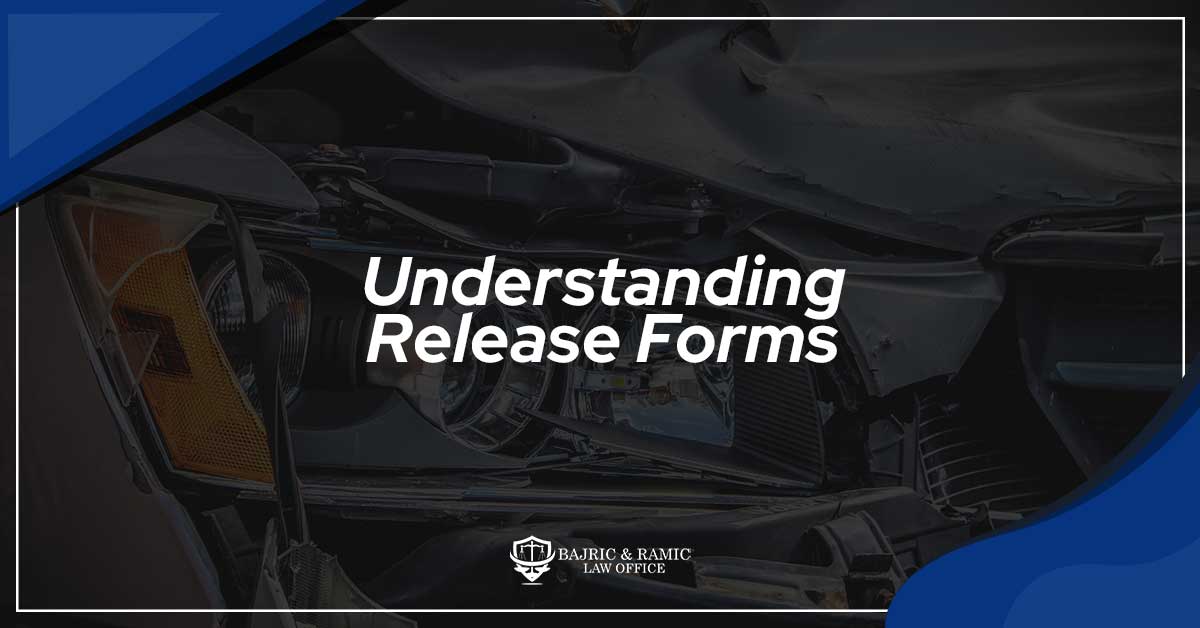I have seen it time and time again. Not long after your car accident the insurance company is waving money in your face trying to get you to sign release forms. Be careful, and I mean BE VERY CAREFUL. Ask yourself, “why are they trying to give me money this early, when they do not even know exactly what happened and the extent of my injuries?”
The simple answer is that once you sign the release form, you lose any rights to additional money in your case. The insurance company knows if they get out early, they are getting off cheap. Insurance companies make profits by keeping money and investing it, not by paying it out for injury claims. In almost every case, an early offer is a guarantee you will not be fully compensated for your claim.

Why? Because accident victims often do not learn the full extent of their injuries for days, weeks or sometimes even months. What if your sore shoulder the doctor thought was a muscle pull turns out after a couple of MRIs to be a tear in your rotator cuff that requires surgery, months of physical therapy, missed work and doctor’s appointments? If you have already signed the release forms and accepted the settlement money, YOU will have to pay these expenses – not the insurance company!
For this reason, I urge you NOT TO SIGN ANYTHING until you fully understand what it is. Do not sign a release or accept a settlement until you are 100% certain that you know the full extent of your injuries. Do not endorse or sign the back of a check because it may release ALL of your rights. Do not sign an open medical release form. This gives the insurance company carte blanche to dig up any and all information from your past, including your medical history not related to the accident. Bottom line is this, DO NOT SIGN ANYTHING you do not understand fully. There is only one way to make sure you understand it fully…speak with an attorney.
Record Keeping
I strongly urge you to keep complete records of the motor vehicle accident, your injuries, and your recovery. Document the crash as described on pages 8-9, maintain a journal starting with your notes about the accident and continuing through your recovery, keep copies of all medical records, travel and out of pocket expenses (including prescriptions and medical supplies like crutches or wheelchair rental expenses), and pay stubs to prove
lost wages. In the event your claim is disputed or a trial is necessary, these records may become evidence to prove your case.

If you have any questions call us on: 314 352 6800
Visit our knowledge base.




